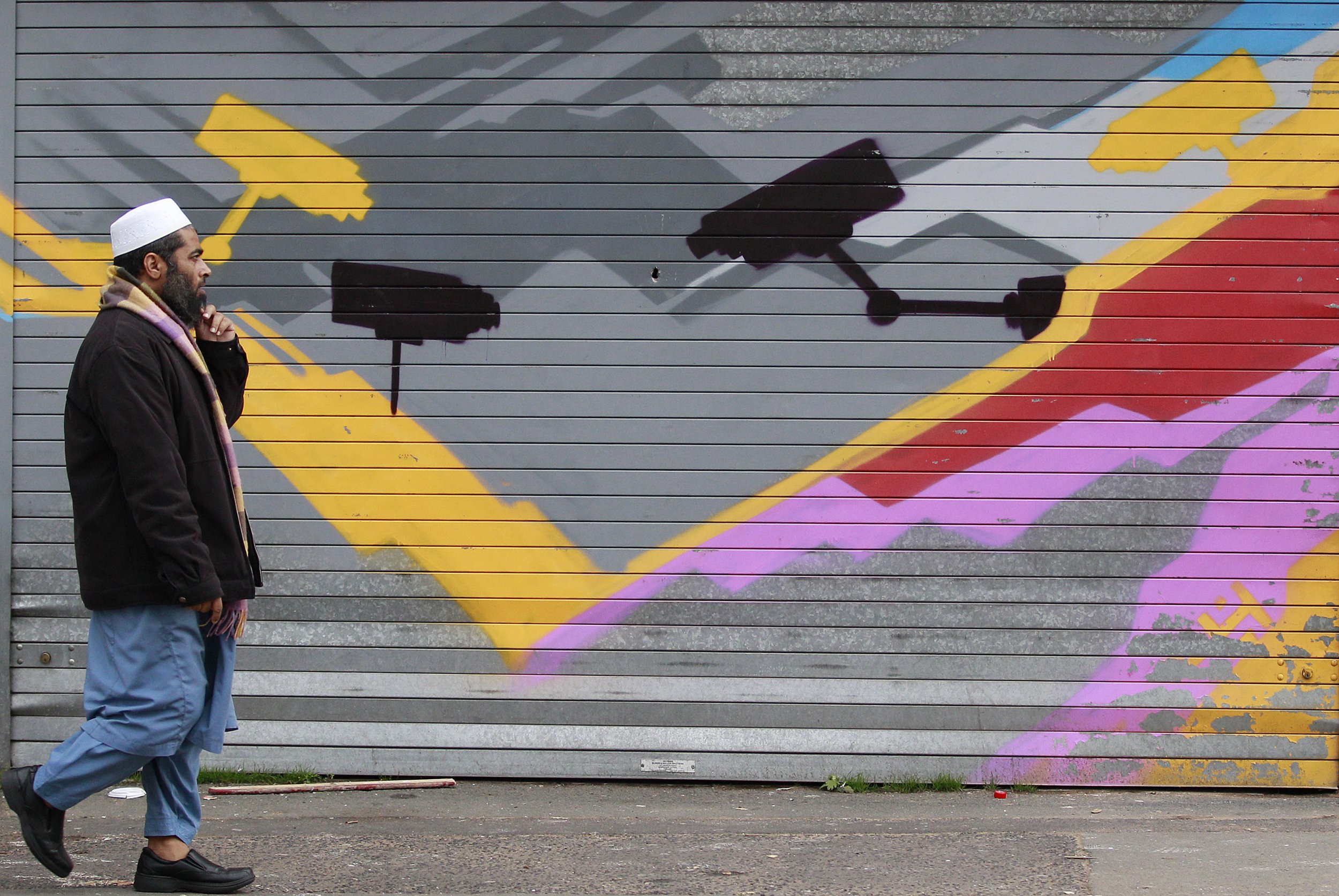
A counterterrorism policy currently being considered in the U.K. would legally require everyone from child care providers at nurseries to teachers at schools and universities to spot and report people they believe are on the path to becoming terrorists.
The policy was drawn up by the Home Office, a ministerial department of the U.K., as part of "Prevent," its antiterrorism strategy, and can be found in an accompanying document to the Counter-Terrorism and Security Bill currently before Parliament. It requires education providers at all levels to receive training to properly identify children at risk so they can "prevent people being drawn into terrorism."
While media have primarily focused on the absurdity of monitoring and reporting toddlers to the government for being potential terrorists, civil liberties advocates point to a worrying trend towards a poorly trained state-spying regime.
Involving public sector workers in the government's Prevent program is nothing new. Last year, nearly 44,000 health care professionals went through training to help them detect patients that could potentially be terrorists.
According to one nurse's account, the presenters justified the one-day training by saying that "the [National Health Service] is currently staffed by 1.3 million staff, which constitutes approximately 350,000 patient contacts daily which in turn increase the likelihood of coming into contact with a terrorist" and that the training would "enable potential 'radicals' to be caught whilst in hospital or attending an appointment, rather than after a crime has been committed."
The nurse continued to describe the training by saying "we were told that Prevent was not targeted at a particular faith, religion, ethnicity or minority although definite links to Muslims, Islam and Al-Qaeda were made" and that "the greatest threat the United Kingdom faced at the present time was from Al-Qaeda-linked terrorism."
If the bill is passed in January, education providers will be legally forced to participate in the Prevent program and will receive the same type of training as their medical counterparts.
"The problem with this is that most of these people don't really have the level of knowledge and expertise to know what is and isn't radical Islam. What we're doing is empowering people without the correct qualifications, the correct training or knowledge to start making judgment calls on what is and isn't radical," says Cerie Bullivant, a spokesman for CAGE, a U.K. organization that advocates for communities impacted by the War on Terror.
He contends that training teachers based on assumptions and stereotypes of Muslims and then incorporating these education and childcare professionals into the "state-spying regime" will end up "criminalizing and victimizing whole sections of our community."
CAGE argues that incorporating education and health sectors into the Prevent program is a violation of citizens' liberties and has already resulted in false reporting and the ruining of lives. For instance, a CAGE report from last year highlights the case of a college student in northern England "who attended a meeting about Gaza was reported by one lecturer as a potential extremist. He was found not to be." In another case, a 9-year-old boy from east London, "was referred to the authorities after allegedly showing signs of extremism—the youngest case known in Britain. He was 'deprogrammed' according to a source with knowledge of the case."
"This goes all the way from a toddler and the doctor who sees you in the maternity ward all the way until the day that you die—the state will be keeping an eye on you and making sure your religious views are in acceptance with what they feel is the British norms and values," Bullivant said.
A Home Office spokesman told the Telegraph, "We are not expecting teachers and nursery workers to carry out unnecessary intrusion into family life, but we do expect them to take action when they observe behavior of concern.… We would expect staff to have the training they need to identify children at risk of radicalization and know where and how to refer them for further help if necessary."
Uncommon Knowledge
Newsweek is committed to challenging conventional wisdom and finding connections in the search for common ground.
Newsweek is committed to challenging conventional wisdom and finding connections in the search for common ground.
About the writer
Lauren is a reporter covering technology, national security and foreign affairs. She has previously worked on award winning teams at ... Read more
To read how Newsweek uses AI as a newsroom tool, Click here.





